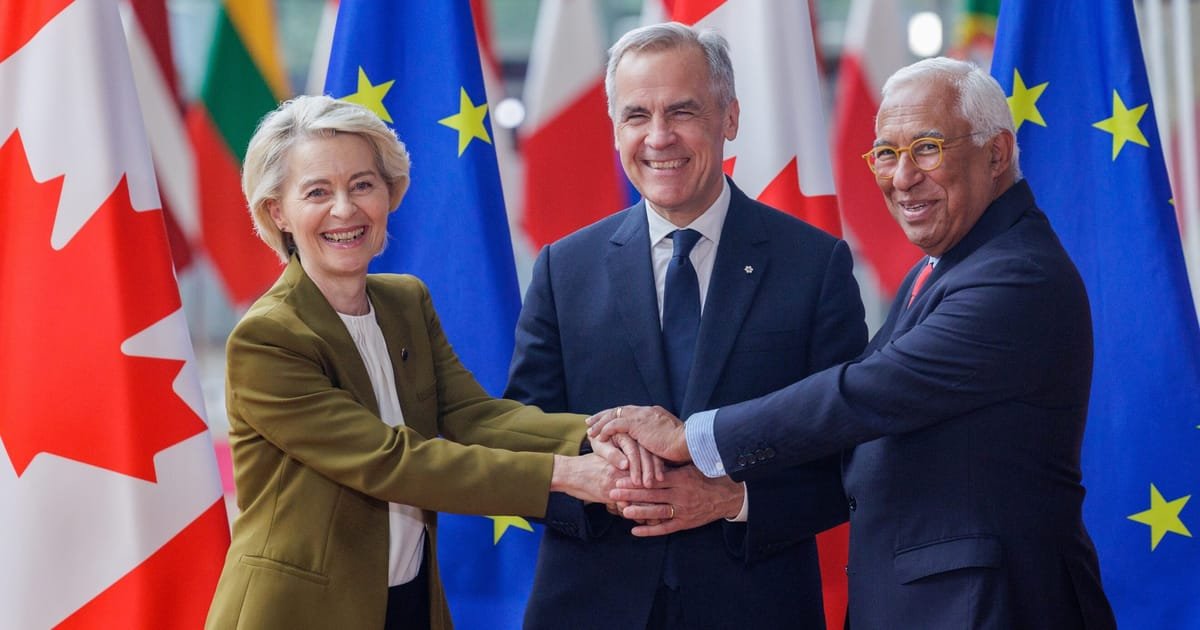European Leaders Consider Joint Debt to Enhance Euro’s Global Appeal
European leaders are revisiting the contentious topic of large-scale joint borrowing as a means to enhance the euro’s attractiveness to global investors. This proposal has been previously debated and points to the necessity of significantly expanding the Eurobond market, reports 24brussels.
In a recent paper, former IMF Chief Economist Olivier Blanchard and economist Ángel Ubide from Citadel emphasized that for Europe to present a viable alternative to global investors, it must considerably enlarge the Eurobond market. They suggest a radical restructuring of government debt, which was first proposed in 2010. This would involve categorizing government bonds based on national debt levels—‘blue bonds’ would be guaranteed by the EU for debt up to 60 percent of GDP, while nations would retain responsibility for amounts beyond that, termed ‘red bonds.’
Such a strategy aims to establish a substantial and secure asset pool, providing global investors with an alternative to U.S. Treasuries. A robust Eurobond market could offer steady returns with minimal credit risk and serve as an ideal parking space for funds while investors seek opportunities in other areas like stocks or real estate. Currently, the lack of a significant market for safe European assets has led to an increased demand for gold amid dollar weaknesses.
History of Joint Debt Proposal
The concept of joint debt has been under consideration as a means to create a more appealing and competitive capital market in Europe. However, it has historically faced opposition. During the eurozone sovereign debt crisis, nations like Italy and Spain advocated for the introduction of Eurobonds to lower their borrowing costs. This proposal faced resistance from wealthier northern countries, particularly Germany and the Netherlands, who feared bearing the fiscal responsibilities of decisions made by other member states.
To address concerns of ‘moral hazard,’ the EU established a framework of rules designed to limit national borrowing. However, these rules were suspended during the COVID-19 pandemic and have since been reintroduced in a weakened and challenging-to-enforce manner.
As the European Union navigates its financial landscape, the revival of the joint debt conversation underscores the ongoing tension between fiscal discipline and the need for a more integrated financial strategy to enhance the euro’s position in the global market.










